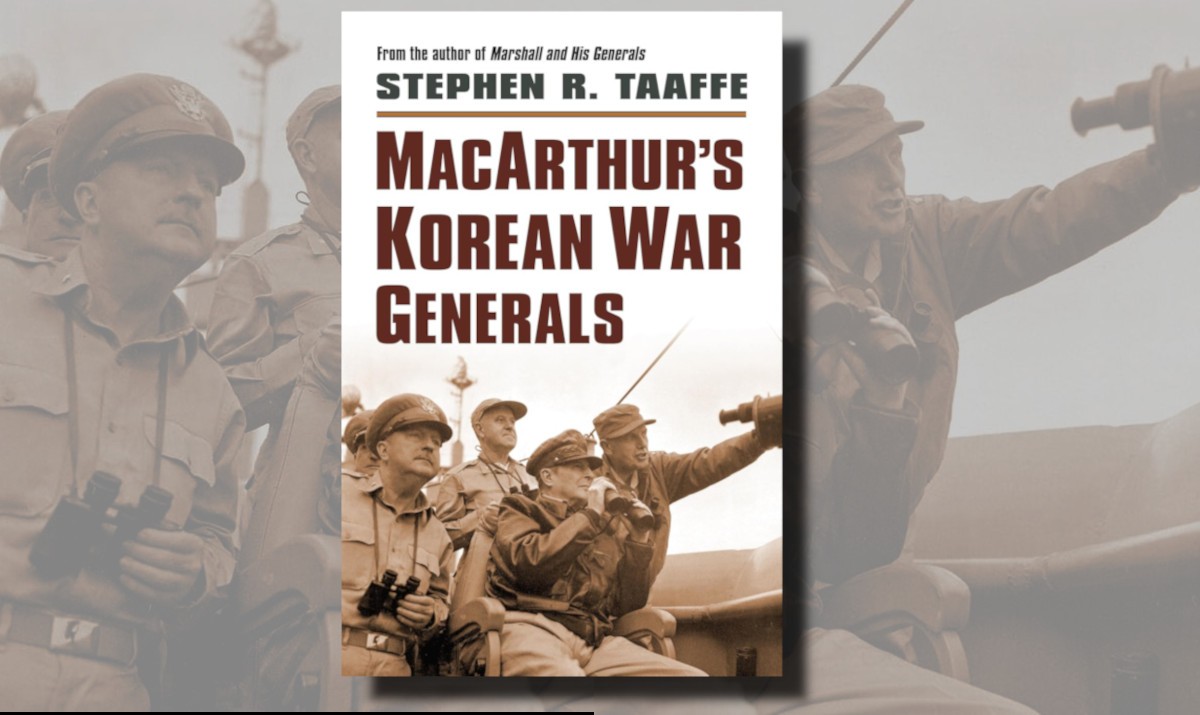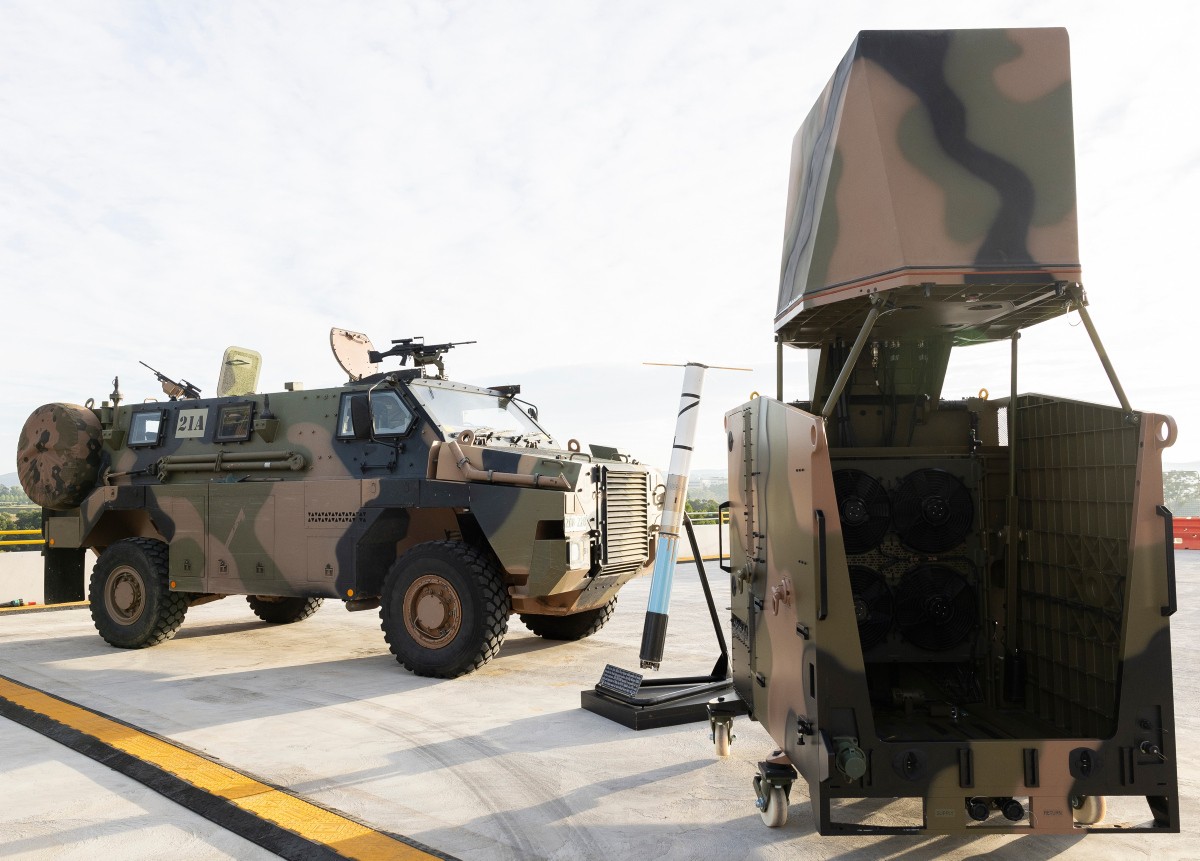The Principles of War
Introduction
A cursory perusal of the Principles of War listed in Army Training Memorandum No. 53 (February — March, 1948), may lead to the supposition that the Chiefs of Staff in the United Kingdom have altered some of the old principles and introduced some new ones. Reflection, however, will show that all they have done is to re-state the well known and generally accepted principles in more precise terms, and to underline certain factors which, under the conditions of modern war, require emphasis.
It will be noted that the Chiefs of Staff have:—
(a) Emphasized in the strongest possible terms the importance of the Principle of the Selection and Maintenance of the Aim.
(b) Elevated to the status of principles two well known elements of war which were not included in the list of principles given in Field Service Regulations, Volume II, 1935. These two elements, now designated principles, are:—
Maintenance of Morale Administration.
It is felt that a brief review of the changes in the conditions of war which have necessitated the statement by the Chiefs of Staff may be of assistance in forming an appreciation of the differences between the new and the old list of principles. Since the only differences lie in the additional stress placed on “The Selection and Maintenance of the Aim”, and the inclusion in the new list of “Maintenance of Morale” and “Administration,” it is proposed to confine the review to these three principles.
The Selection and Maintenance of the Aim
At first sight it may appear that the selection of the aim to be pursued in any operation is a fairly simple matter. Experience has shown, however, that in practice the selection of an aim from several alternative courses is not always easy. At the higher levels it is nearly always subject to the influence of conflicting interests, opinions, and demands. Even when selected, the relentless pursuit of the aim is still subject to these same influences, and at all levels the general confusion of war and the ever changing situation, makes it extremely difficult to “keep one’s eyes on the ball.”
A good example of the selection and maintenance of the aim at the highest levels is to be found in the situation created by Japan’s entry into the war in 1941. Instead of one major adversary the Allies now had two. Three courses were open to them. They could concentrate against Germany or against Japan, or they could attempt to defeat them both simultaneously.
All interested parties in both London and Washington ruled out the third course, because it violated the Principle of Concentration, and because it was obvious at the end of 1941 that we would not be strong enough for several years to launch a major offensive against both opponents simultaneously.
The selection of the enemy to be attacked first was not quite so simple. American public opinion had been aroused by the treacherous Japanese attack on Pearl Harbour and the course of events in the Far East. There was, naturally, a strong national desire to avenge these disasters. Similar influences, springing from a different cause, were felt by the British Government.
The Allied statesmen and military leaders saw clearly that Germany was the more dangerous enemy, and decided on the following course:—
First: Concentrate the maximum available force in the European theatre with a view to crushing Germany. Simultaneously to allot to the South-East Asia and Pacific Areas the minimum forces required to protect the bases and resources which would eventually be required for an offensive against Japan.
Second: Having crushed Germany, transfer from the European to the Asiatic-Pacific theatres the forces required to mount a decisive offensive against Japan.
The Allied leaders had now to decide how, when, and where the forces to be concentrated in the European zone would be launched against Germany. There were many places where a landing could be made in Europe, and many points for and against each of them.
Eventually it was decided to launch the main attack from the United Kingdom against the north-western coast of France, and to support it with a subsidiary operation in the south of France. Meanwhile diversionary operations, designed to knock Italy out of the war and bring about a dispersal of the German forces, were undertaken in Italy.
In adhering to these decisions despite considerable pressure to open a “Second front” at a premature stage of their preparation, the Allied leaders had in mind one of the major lessons of World War I. In that conflict the Central Powers (Germany and Austria) induced us for political and other reasons to undertake a number of costly subsidiary operations in the Near and Middle East, and on the periphery of Europe. Whilst these operations absorbed a large number of our troops and much equipment and shipping, the Central Powers, working on interior lines, were able to hold our attacks with only a fraction of the forces and material expended by us.
Having selected their aim, and decided upon the method of attaining it, the Allied leaders resolutely pursued their purpose. Unlike their predecessors of the 1914-18 war, they steadfastly refused to disperse their forces by engaging in seemingly attractive side shows.
This is a strategic illustration, but in a very similar way the junior leader must select his aim, and then concentrate every possible effort on maintaining it.
Maintenance of Morale
Maintenance of Morale has always been considered vital to success in war. From time immemorial man has endeavoured to undermine his opponent’s will to resist by methods that were sometimes subtle but very often crude and ineffective.
Until comparatively recent times the means of attacking an adversary’s morale were strictly limited. In time of peace only weak subversive influences could be brought to bear on the potentially hostile population. In time of war it was virtually impossible to reach them at all. However, improvements in means of communication, notably in the development of modern printing methods and wireless broadcasting, have opened up avenues through which the will to fight of the armed forces and the civil population can be reached at all stages of the struggle, before and after the “shooting war” begins.
Long before World War II started the Germans had brought their newly developed psychological warfare machine into operation. By every conceivable device, the radio, the printing press, smooth tongued agents, apparently innocent associations of honest citizens, they undermined the morale of their intended victims.
As a result of these subtle, indirect attacks, Austria and Czechoslavakia fell like ripe plums into the German basket without a shot being fired. In Norway, the activities of many influential people who had fallen victims to Hitler’s propaganda machine, paved the way for the cheap and easy victory of the German forces. In France similar methods met with striking success. These things happened; they are not figments of the imagination. And they happened to people who were just as sure as we are that they were proof against any propaganda.
With the outbreak of hostilities we entered the propaganda field, and the Germans intensified their efforts. Although we are inclined to deride our opponent’s appreciation of the psychology of other nations we should not forget our own futile leaflet barrage of Germany in the early months of the war. Nor should we forget that the Germans’ efforts to influence the morale of fighting forces opposed to them did not in all cases go entirely unrewarded.
Throughout the world today intensive study is being given to psychological warfare. At least one great power is ceaselessly pouring out propaganda, and making other more subtle and indirect efforts to undermine the morale of its intended victims and those who might support them, in preparation for its own expansion with or without the use of force.
The first defence against this insidious form of attack is for every commander, in peace and war, to ensure that his troops are thoroughly educated in the ideals and aspirations of their country, and unshaken in their belief in the ability of their own army to fight its way to victory.
Good leadership, good training, and good administration are the surest foundations on which to build and maintain morale. As a soldier gains confidence in his leaders, his weapons, and his equipment, so does his morale rise. These basic essentials, coupled with a firm belief in the justice of his cause, should sustain the morale of the soldier even under the most adverse conditions.
Administration
In the days before the Napoleonic Wars the relatively small and simply equipped armies lived off the country, and required no elaborate supply or transportation arrangements. Napoleon’s attention to administrative detail placed him ahead of many of his contemporaries, and contributed in no small measure to some of his most striking successes. Nevertheless, administrative failure in his campaign in Russia in 1812 ruined his magnificent army, and led to his final overthrow.
As the dependence of armies on vast quantities of supplies and equipment has increased so has the importance of administration. Failure to realize this fact has led to many military disasters, of which the Crimean War of 1854 was an outstanding example. Lest it be felt that these events are too remote to be impressive it is worth recalling that administrative failures no less shocking occurred during the British-Indian Campaign in Mesopotamia in 1914-16. Even as late as 1941-42 the Germans’ failure to provide their armies in Russia with winter clothing and equipment involved them in tremendous losses.
The administrative arrangements for the invasion of Normandy, which took many months to perfect, constitute a model of planning, forethought, and co-operation. They ranged from the secret construction of huge mobile ports and under water petrol pipe lines to the provision of paper bags for seasick personnel. The concentration, and embarkation in the right craft at the right time, of a large number of units and vast quantities of stores, vehicles, and equipment, called for detailed planning on an immense scale.
The plans worked. Despite bad weather that wrecked one of the mobile ports and impeded beach working, the success of the operation was never endangered by a breakdown in administrative arrangements.
For many years before the war the importance of administration was stressed in the training of the Australian Army. And yet the outbreak of hostilities brought to light certain weaknesses in ideas and methods, notably in the matter of the soldier’s food. This administrative defect and the difficulties encountered in trying to rectify it, are described in detail by the Director of Army Catering (Colonel Sir Stanton Hicks) in his article “Army Catering” in Army Training Memorandum Number 54. And after five years of war startling examples of bad administration could be found in Australia, some of them in fixed establishments where there was no possible excuse for laxity.
Administration is not solely the concern of higher commanders and their staffs. Nor is it merely concerned with the mounting of operations on a vast scale. Every commander, and there are no exceptions whatever, is responsible for the administration of his command.
On the unit level administration only occasionally becomes involved in big operational plans. Within the unit it is a day to day affair of painstaking attention to detail. There can never be any let up in this matter in peace or in war because, in the final analysis, it is on sound unit administration that victory is built.
Patriotism depends as much on mutual suffering as on mutual success; and it is by that experience of all fortunes and all feelings that a great national character is created.
— Benjamin Disraeli, 1862



